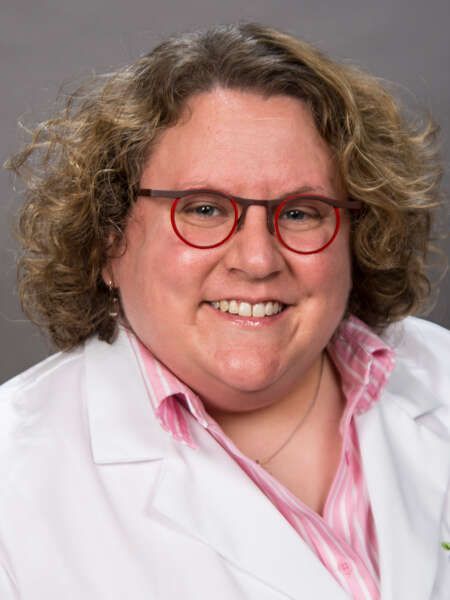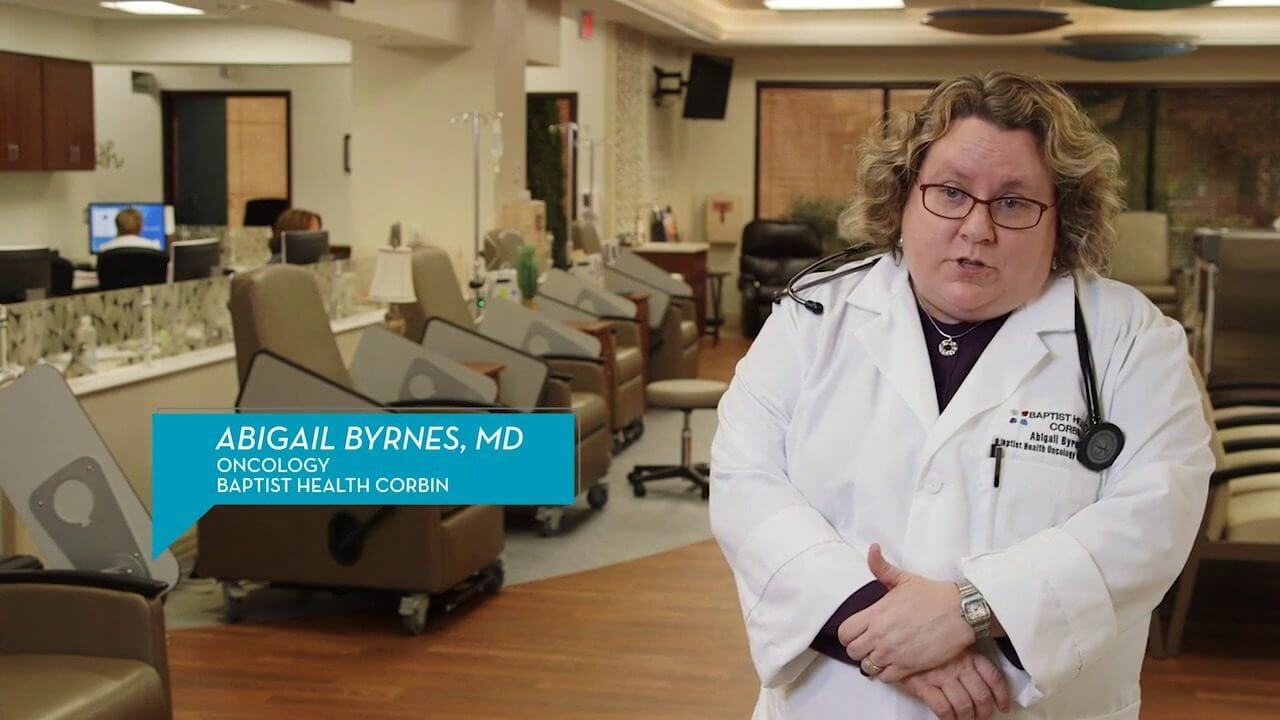We we've had rabbits. We've had different types of animals, but right now we have chickens. We have silky chickens mostly.
It's just a hobby more or less, you know, we just enjoy it. Chickens are a lot like people if you watch them.
In twenty twenty one, we were actually on a Christmas break vacation, like, we'd gotten through the holidays. And I'd noticed when I was putting my bathing suit on and adjusting everything that something felt off.
It was like, surely, it's nothing to worry about. I'm thirty one. It never crossed my mind that it could actually be malignant until it started to grow.
And that's when I went to see my primary care provider.
From there, it was like being shot out of a cannon.
They did my scan and they said, well, she they said, we're gonna go ahead and have our breast radiologist take a look at it. And then the nurse comes back and she says, you know, we'd like to schedule you for a biopsy.
This was Thursday, October seventh. I get the biopsy. And doctor Masters says, you know, it'll probably be a few days before we get the results back. But, you know, as soon as we learn something, we'll let you know.
Come Monday, two weeks shy of turning thirty two, I find out I have invasive ductal carcinoma.
Obviously, when you hear words like malignant or cancer you're immediately forced to face your own mortality.
And the first thought that went through my mind was, how am I gonna take care of my girls?
Thankfully, with Crystal, her disease was found early, and so we were hoping to give her good curative intent treatment and wanting Crystal and her family to be able to have lots and lots of time together in the future.
When you go through cancer, your nurse your nurse navigator is your go to person. I mean, she's like a bridge between sickness to health.
You know, we meet them at diagnosis, we meet them with the surgeon, we meet them with the oncologist.
We're there at their first steps and really important dates for them. So that's that's our goal is to be that one point of contact for them.
I never felt pressure from anyone to go one way or another, even though my left breast was clear. I think I just wanna go ahead and have a double mastectomy. I wanna err on the side of caution.
I took sentinel nodes during my mastectomy. The cancer had moved from the primary tumor into two of those three lymph nodes.
One in eight women get breast cancer, which is horrifically common, but every woman's plan is different, and it comes down to the details of her cancer. And so like with Crystal, we sat down and we said, okay. This is the specifics of how your cancer looked. And based upon that, this is the treatment that we should offer, because ideally, you want all of the treatment you need and none of the treatment you don't need.
I've been an emetophobic for as long as I can remember.
I expressed that to her and, you know, didn't really know how she'd respond to it because it's like, well, it's it's chemo. You know? Of course, you're gonna get sick.
I tell my patients, you shouldn't be throwing up on treatment.
And I think they usually don't believe me when we start talking about it initially. But as we go forward, they'll often come back and say, well, I didn't throw up. I said, what? I I told you I I didn't want that to happen.
People are living through this treatment, during this treatment, and you want them to feel well and live well.
For me, the recommended radiation was six weeks.
After she completed her chemotherapy, then the radiation was administered to the remaining breast tissue and the lymph nodes surrounding this to finish the local regional treatment. If you think of the breast as an external organ with angles coming across the chest so that we're not treating the heart, the lung, and the other tissues which are deep to that, we wanna treat the cancer, we wanna kill the cancer, but we don't wanna damage the surrounding tissue, and this machine allows us to do that.
You grow really close to your care team because you're going there every day.
People say, well, what's the care like at Corbin? I'll say, well, I'll put it this way. I could have drove thirty minutes or I could have drove an hour, and I chose to drive the hour. We have a team here that really cares about educating the patient. We want them to feel comfortable in their decisions that they make.
Patients come in and are greeted by people who care about them. And then you merge that together with the high-tech treatment that we have available. We get the best possible outcomes.
They teach us in med school, they said, your patients won't care what you know unless they know that you care. It's a horrible thing to have to go through, and I want them to know that we're there for them.
You know, I'm living proof that early detection saves lives. I'm living proof that, you know, God works in medicine.
Who I was before cancer, you know, I was Kevin's wife, Eliana and Adeline's mom, you know, child of God, and after cancer, I'm still all of those things.
But now I appreciate it more.



